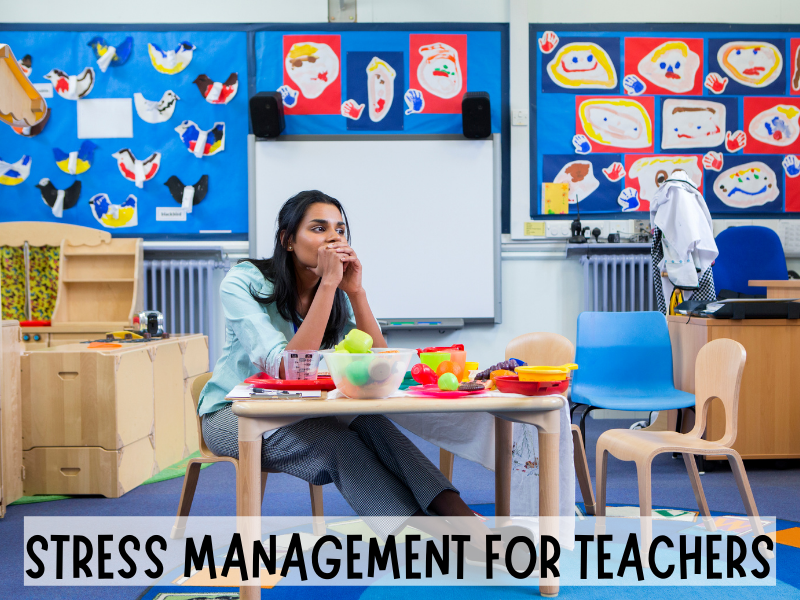Table of Contents
Introduction

Teaching is undoubtedly a rewarding profession, but it comes with its fair share of challenges. The education sector has evolved significantly over the years, bringing new demands and pressures to the lives of educators. This article explores the topic of stress management for teachers, addressing the various challenges they face and providing effective strategies to cope with them.
Understanding Teacher Stress
Teaching is not just about imparting knowledge; it involves managing classrooms, dealing with diverse students, handling administrative tasks, and adapting to ever-changing educational methods. These demands can take a toll on a teacher’s mental and physical health. Recognizing the factors that contribute to teacher stress is the first step in effectively managing it.
The constant pressure to meet academic goals, the emotional toll of dealing with students’ personal issues, and the administrative responsibilities can lead to burnout and anxiety among teachers. It’s essential to understand the gravity of these challenges to take proactive measures.
Coping Strategies
Self-Care for Teachers
Teachers must prioritize self-care. This means setting boundaries, taking time for themselves, and engaging in activities they enjoy outside of work. Whether it’s reading, painting, or pursuing a hobby, self-care is crucial for maintaining mental and emotional well-being.
Time Management and Organization
Efficient time management and organization can significantly reduce stress levels. Teachers can benefit from creating schedules, setting realistic goals, and staying organized. This allows them to manage their workload more effectively.
You have the option to download a Time Management Worksheet (doc) to thoroughly plan how you will manage your GSI responsibilities throughout the semester.
Seeking Support from Colleagues
Collaboration with fellow teachers is an excellent way to cope with stress. Sharing experiences, seeking advice, and working together can create a support system that helps teachers navigate challenging situations.
Creating a Positive Classroom Environment
A harmonious classroom environment is essential for both teachers and students. Strategies such as setting clear expectations, maintaining discipline, and fostering a sense of belonging can reduce classroom-related stress. Teachers play a crucial role in creating a positive and inclusive learning space.
Balancing Work and Personal Life
The Importance of Work-Life Balance
Achieving work-life balance is paramount for teachers. It ensures that they have time for their personal lives and prevents burnout. Balancing work and personal life allows teachers to recharge and be more effective in the classroom.
Tips for Achieving Work-Life Balance
Implementing work-life balance can be challenging, but it’s necessary. Teachers can achieve this by setting boundaries, prioritizing self-care, and avoiding excessive overtime work.
Stress Reduction Techniques
Teachers can benefit from stress reduction techniques that promote both physical and mental well-being.
Mindfulness and Meditation
Practicing mindfulness and meditation can help teachers stay grounded and focused. These techniques improve emotional resilience and reduce stress.
Physical Activity and Relaxation
Regular physical activity and relaxation techniques, such as yoga or deep breathing exercises, are effective in reducing stress levels.
Healthy Eating and Sleep
A balanced diet and adequate sleep are fundamental for maintaining energy levels and emotional stability.
FAQs
- What are some common signs of stress in teachers?
- Explore the typical indicators that teachers may experience when dealing with stress.
- How can I create a more positive classroom environment as a teacher?
- Learn practical tips for fostering a supportive and inclusive classroom setting.
- What is the role of technology in teacher stress, and how can it be managed effectively?
- Discover how technology impacts teachers’ stress levels and strategies to handle it.
- What are some inspiring real-life stories of teachers who have successfully managed stress?
- Read about the experiences and insights of educators who have overcome stress challenges.
- How can school administrations support teachers in managing their stress levels?
- Understand the role of school management in alleviating teacher stress and promoting a healthier work environment.


